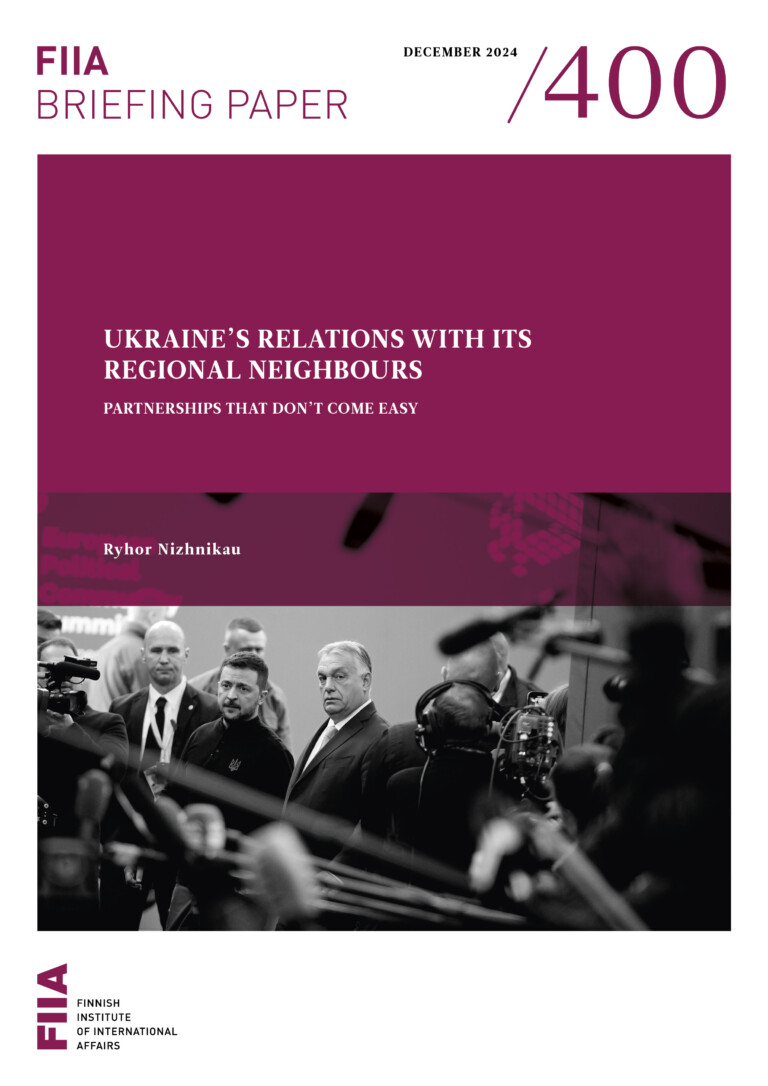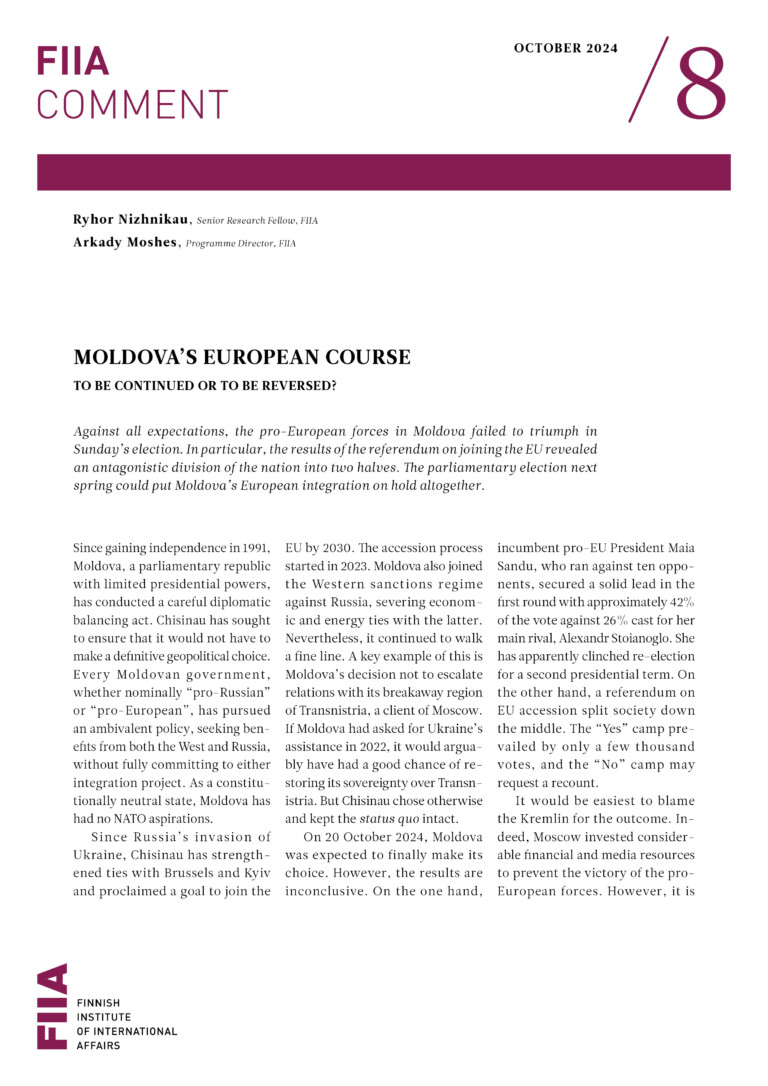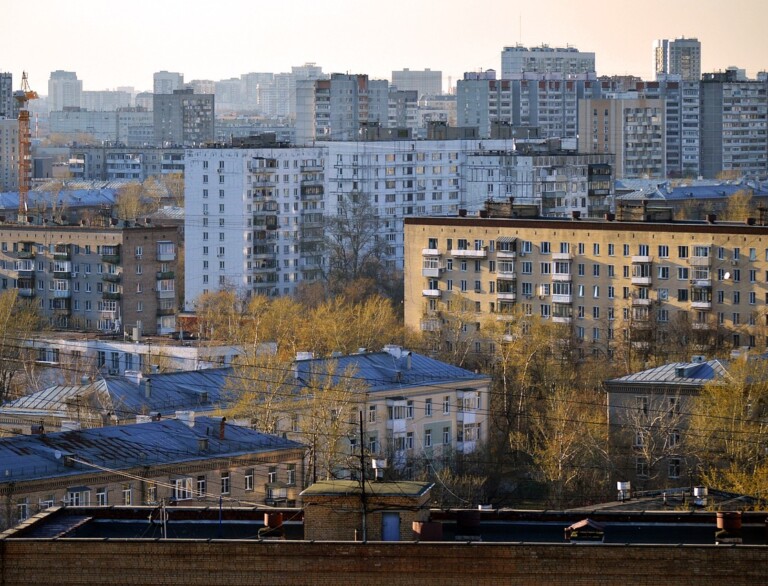Russia’s entry to the World Trade Organization (WTO) in August 2012 was probably the only highlight of an otherwise not so productive agenda between Moscow and Brussels. The EU saluted the happy ending to the 18-year-long bargaining over Russia’s membership which, in the EU’s eyes, would not have been possible without their assistance. European companies were hopeful that WTO membership would improve the investment climate and make the Russian market more accessible, predictable and more closely integrated with international rules and agreements.
Yet, the forthcoming EU-Russia summit scheduled to take place on 21 December will see Russia’s membership of the WTO as yet another bone of contention. Just months after the actual accession, squabbles over tariff issues have multiplied, ranging from live cattle exports from the EU and the US to the recycling tax on imported cars, and soft- and roundwood tariffs for Finnish forest companies. According to Brussels, rather than aligning Russia’s import and export policies with WTO rules, Moscow prefers to keep all the power for itself.
The issue of wood tariffs is a particularly telling example of how Russia’s accession to the WTO did not live up to expectations. Instead of liberalizing its markets and easing the cumbersome procedures, Russia has imposed new restrictions. According to the Finnish forest industries, the Russian authorities prefer to pick and choose local partners for European exporters. There are also delays and bureaucratic hurdles regarding harvesting licences for European exporters. The conflict has already spilled over to the EU level, to which end Trade Commissioner Karel De Gucht has been trying to reach an agreement with Russia, albeit without success.
Moscow has its own list of complaints against the EU, starting with energy trade and the energy company Gazprom. Moscow has been deeply disconcerted by the Commission’s decision to authorize the antitrust investigation against Gazprom in September 2012 as a follow-up to its earlier raids on Gazprom’s subsidiary offices in the EU.
Russia perceived the move as nothing short of an attack on its sovereignty. President Vladimir Putin promptly requested Gazprom to refer all the disagreements with the EU to the Kremlin to be settled at the highest political level. In Putin’s own rather sarcastic words, by starting the trade war with Gazprom, the EU sought to shift the burden of subsidizing the European economy with cheap energy to Russia.
With these words, the Russian president has hit the nail on the head. Indeed, what many perceive as a geopolitical measure and an example of Europe’s animosity towards Russia is actually one of the EU’s responses to the ominous challenge of the economic crisis. In order to ensure miniscule growth at least, the EU needs to address two challenges: minimizing its expenses and maximizing investment and innovation.
The Commission has been pressing hard for implementation of the Third Energy Package, the EU’s common energy policy and other legislation which prescribes deeper integration and liberalization of the member states’ energy markets, high energy efficiency and renewable energy targets. All of this naturally affects Russia’s interests, but the logic of the Commission’s involvement is internal and economy-driven. Gazprom is seen as a difficult external supplier which does not want to conform to the internal rules of the EU.
Gazprom is not the only foreign company with which Brussels has had major disagreements and pursued litigation. Microsoft also had to respond to an antitrust lawsuit from Brussels. In addition, several Chinese companies exporting solar panel equipment have been accused of dumping by European companies. However, neither the US nor China made a political case out of these trade squabbles with the EU.
This can be explained by Russia’s hypersensitivity to anything that affects the sacred issue of energy exports, but there may be a more profound trend underlying the EU’s position. With all three countries, the EU has a relationship that it solemnly calls a strategic partnership. However, in the case of the US and China the partnership is effectively strategic and prioritized, whereas it only appears so on paper with Russia.
The EU’s relationship with the US is an obvious and undisputed priority. The prioritizing of China is reinforced by China’s position as the EU’s second largest two-way trading partner and by the flow of Chinese investment into the EU, amounting to 7 billion euros in 2011. In comparison, Russia does not show up nearly as strongly on the EU’s radar, and the economic crisis has served to drive it even further away.
In such circumstances, there is very little that can compensate for, let alone reverse the lack of a sense of strategic priority on the part of the EU. Certainly, the Gazprom nuisance and Russia’s non-compliance with the WTO will do nothing to change this trend, and will only reinforce it.
One can speculate whether Russia, for its part, still regards the EU as a strategic priority or has the will to do so. In all likelihood this de-prioritization is mutual and is very much a reality of Russia-EU relations. Is it good or bad?
On the one hand, this is a negative trend because Russia and the EU are close neighbours with a multitude of ties, and their relationship would certainly benefit from a serious and strategic rethink. On the other hand, this rethink would need to be based on real prospects for positive change and the will to achieve it. As these conditions are absent, there is little reason to maintain a lofty façade for what is essentially a defunct strategic partnership.
This is a unique, if somewhat embarrassing juncture in recent Russia-EU history. The relationship was founded on the premise of shared values in the 1990s, and replaced by the assumption of shared interests in the early 2000s. But right now, the EU and Russia do not seem to know what they can or want to share, if anything at all.






